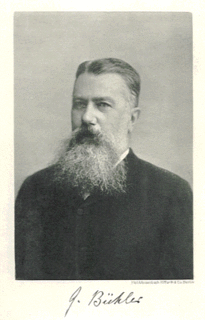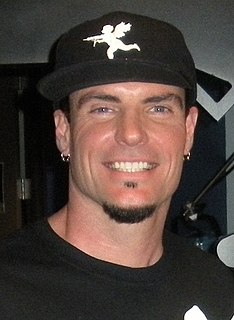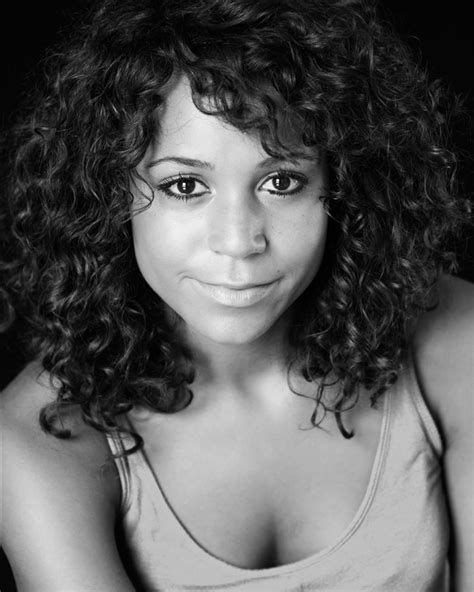A Quote by Paul Rust
Writing on 'Love' is so steeped in self-analysis. The writer's room can feel like therapy.
Related Quotes
When one crosses over from an activity, or the verb, of writing or doing, and becomes a noun, like "a writer" I think that is an act of supreme self-consciousness that I've never, in effect, made. I write, but I don't like to think of myself as a writer. I think it's somewhat self-aggrandizing and pretentious. Now, I am a teacher.
I definitely think of myself still as a writer first, and feel like - with the lucky exception of this - any acting opportunity I've gotten is usually because I was writing on it. This is like a wonderful vacation. If you've ever sat in a writers' room it's the most disgusting, tortuous place, so it's a treat to be treated like a movie actor.
The process of writing can be a powerful tool for self-discovery. Writing demands self-knowledge; it forces the writer to become a student of human nature, to pay attention to his experience, to understand the nature of experience itself. By delving into raw experience and distilling it into a work of art, the writer is engaging in the heart and soul of philosophy - making sense out of life.
When I was in the writers' room, all these writers were like, "Ugh, another star that they gave a writing-producing credit to." But then within like an hour, they were like, "You're really a writer." "Yeah, I really am. I'm a writer, and a director, and a producer, and an actor, and a painter, and I do all that stuff in the Lush Life." It was great.
People mistake self-love for thinking they must always like what they see in the mirror - and yes, of course, that is the goal; that all depends on perspective - but my argument is that you can still have self-love while wanting to make progress or improve things. The main issue is that we attach too much to an idea of what our perfect body may be or what self-love should be. But that's the issue. There is no right or wrong. We can love ourselves and feel bloated. We can love ourselves but feel uncomfortable in our skin. We are a work in progress and human and won't always feel amazing.
I want to say that what is cool about writing self-aware first person narrative is that the awareness is not necessarily the same awareness of the reader. I have a story coming out in the Paris Review and it's about a hipster. He think's he's self-aware, he's very introspective and analytical, but when you're reading it you can totally see through his self-analysis because you have a higher awareness than he does. I like playing with that too.




































